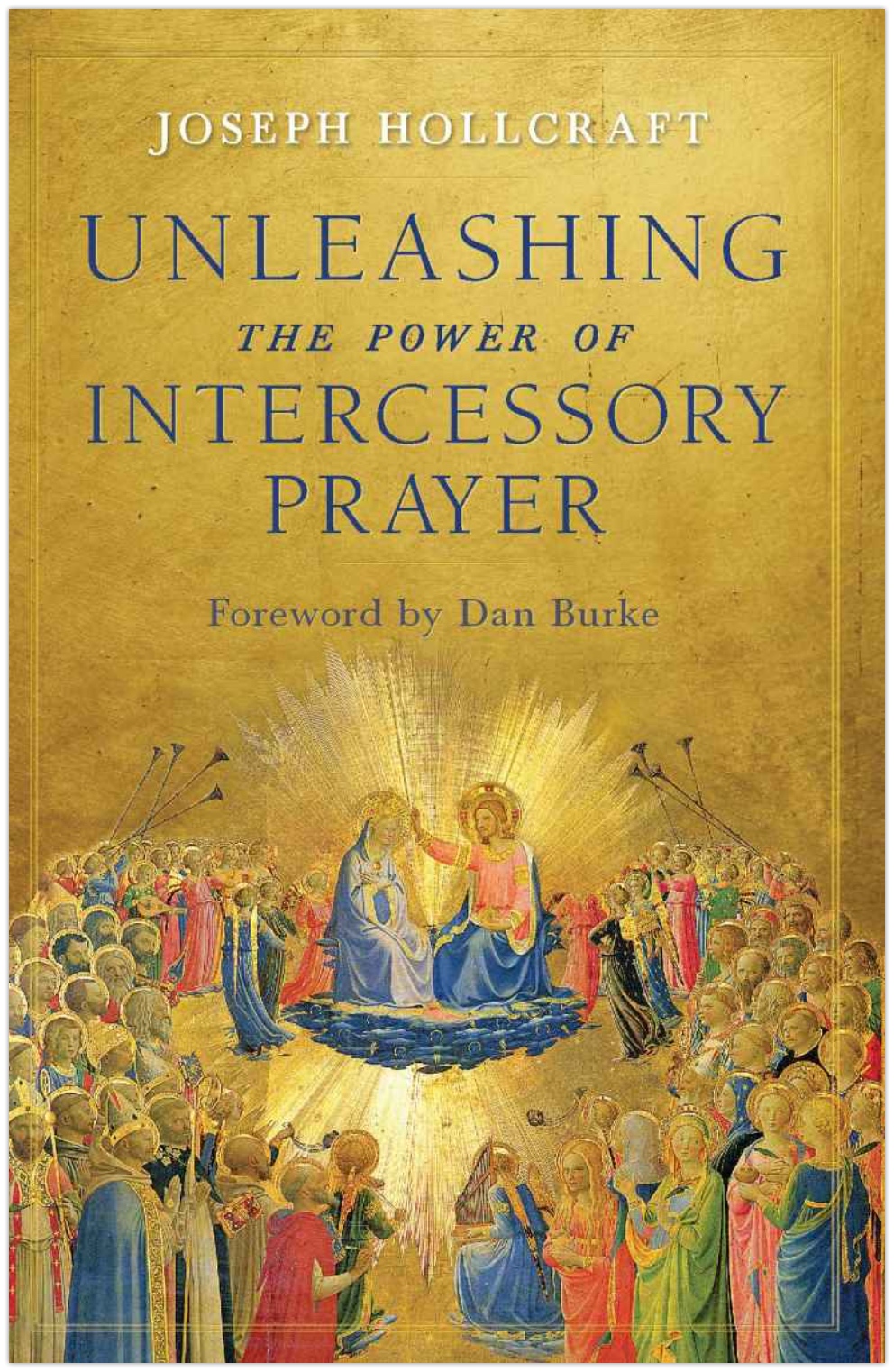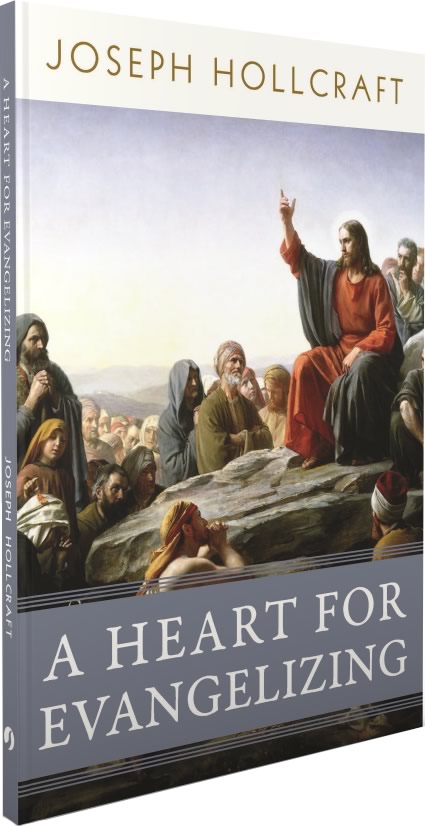Caesar, Christ, and a lesson on Poverty
Luke commences his account on the birth of Jesus with the following words: “In those days a decree went out from Caesar Augustus that all the world should be enrolled” (Lk 2:1). On one level, Luke is providing the reader with the historical circumstances bringing Joseph and Mary to Bethlehem, the birth place of Christ. On another level, the mere mentioning of Caesar Augustus in the infancy narrative of Christ is charged with meaning and significance.
Consider that Caesar Augustus was most famous for establishing peace across the Roman Empire in The Pax Romana and that he was hailed by many of his subjects as “savior of the world” and “god.” These facts would have been known to the first-century reader of the Bible. Consequently, each first-century reader of Luke’s text would have been made to compare and contrast the “saving message” of Caesar Augustus to the saving message of Jesus Christ, the real Savior of the world and bringer of peace.
A more detailed comparison of Caesar Augustus and Christ uncovers something else. Consider the life of Caesar and its disparity with a few known facts about Christ’s birth.
Caesar - Christ
Welcomed as a King--Rejected as a King
Best housed person in the world--Born in a stable cave
Adorned with the fragrances of a King--Born in the dirt of a stable
Best fed person in the world--Becomes food for the world
This juxtaposition is not only a bullet point exposition of the infancy narrative as it relates to Caesar and Christ, but a reminder of God’s own poverty. Popular twentieth-century radio and television personality, Fulton Sheen, brings insight into what this poverty looks like when he writes, “There in a place of lonely abandonment in a cold whisperer cave; there, under the floor of the world…in the filthiest place in the world, purity was born” (Life of Christ, 16). He goes on, “There was no room in the inn, but there was room in the stable. A stable would be the last place in the world where one would have looked for him”, because “divinity is where one least expects to find it” (17).
Certainly, the poverty found in the manger is a great mystery, but a mystery we ought to meditate on and apply to our own lives. In an age of where people constantly desire more; especially during this Advent and Christmas season, Luke’s telling of the birth of Jesus is a welcomed invitation to reflect into the poverty of God and the call we have to bear witness to material poverty (being without goods) and spiritual poverty (humble in God) (cf. Mt 5:3) (If we are going to be honest with ourselves, at one time or another, we have all struggled with wanting more than we have, watching more than we need, sleeping more than we ought, and eating more than we should. Our human appetites, at one time or another, have gotten the best of us).
So it is, we turn our attention to the wisdom of Saint Paul, who writes, “Though he was rich, Jesus Christ became poor for your sake” (2 Cor 8:9). Christ was rich in his divinity but poor in his humanity, because he desires that we be enriched by his divinity (grace) in our humanity. The spiritual maxim of less is more is applicable here. On the material level, the less we are bound to material goods the more we will be disposed to His grace! In other words, the more “stuff” we buy the more “stuff” we have to be accountable for; and the less “stuff” we buy the less “stuff” we have to be accountable for. This action calls for a spirit of simplicity, which is akin to the humble-hearted—“the poor in Spirit” (Mt 5:3).
It is no wonder, that in the devotional prayer of the Rosary and its third joyful mystery—the Nativity, we pray for the fruit of Christian poverty to come down into our souls—Amen!


